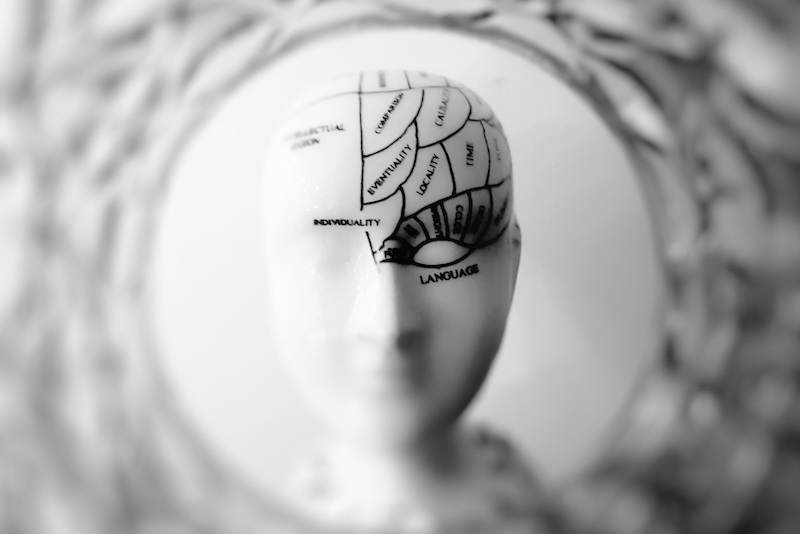Recruitment & Career
As the application process continues, so-called “unconscious bias” can unintentionally disadvantage people who do not match the supposed ideal image regarding characteristics that are not relevant to the job. Eliminating stereotypes in the recruitment and promotion process starts with making people aware of them. This can be done cost-effectively and is very likely to lead to better personnel decisions.
Even in companies with a high degree of diversity in the overall workforce, women and members of other diversity groups often encounter the proverbial “glass ceiling”: the proportion of so-called “social minorities” in the companies’ workforce continues to decline as the hierarchy level rises. At the same time, those affected usually perceive that they face more tremendous obstacles than those who are not affected.
For talents from different diversity groups to flourish, organizations should address each individual’s skills and needs, especially in career development.
Targeted support programs can encourage and support members of underrepresented groups to pursue a more “atypical” career path. Internal or external coaching and mentoring programs can accompany employees on their professional development.
Internal and external training and continuing education programs should include diversity aspects to raise awareness among teachers, managers, and employees and support them in developing their diversity competence. To increase diversity in the innovation sector, it can certainly be beneficial to address underrepresented diversity groups with the training explicitly offered.




